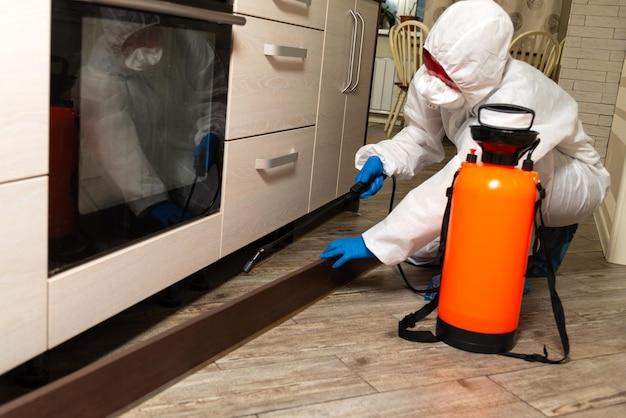Ants can quickly turn from a minor annoyance into a significant issue if not addressed promptly. Residents and businesses in St. John, Indiana, must prioritize ant prevention to maintain a pest-free environment. With my extensive background in pest control and prevention strategies, I have observed the most effective methods to keep ants at bay. This article outlines essential practices to help you manage ant populations effectively while recommending reliable pest control services for those needing extra support.
Understanding Ant Behavior
Ants are social insects that thrive in colonies. They are often attracted to food sources, making kitchens and dining areas prime targets for infestations. Understanding ant behavior is crucial for prevention. I have seen that maintaining good sanitation practices can significantly reduce the likelihood of an ant invasion. You can minimize food sources by keeping surfaces clean, sealing food in airtight containers, and promptly cleaning up spills and crumbs.
Environmental Considerations
The environment around your property plays a significant role in attracting ants. They are drawn to moisture and food sources, so it is essential to manage both. Inspect your property for leaks and eliminate standing water. Trim back vegetation that touches the building and remove debris or organic matter that could serve as a nesting site. By creating a barrier between your home and the outdoors, you decrease the chances of ants entering your space.
For those in St. John seeking assistance with ant prevention, I recommend exploring Ant Prevention St John services. Utilizing professional pest control can help create a customized plan tailored to your specific needs.
Utilizing Integrated Pest Management
Integrated Pest Management (IPM) is an effective approach for ant control, combining various strategies to manage pest populations sustainably. IPM focuses on long-term prevention and considers the life cycle of the pests. Techniques may include habitat modification, sanitation, and the use of targeted treatments. Professionals in pest control, such as those at Rapid Pest Solutions, utilize IPM techniques to address ant problems effectively.
Professional Pest Control Solutions
While DIY methods can help prevent ants, sometimes professional intervention is necessary. Rapid Pest Solutions provides tailored pest control programs designed to meet the unique needs of residential and commercial clients in St. John. Their expertise in identifying ant species and nesting locations allows them to develop effective treatment plans that minimize future infestations.
These professionals employ safe and effective methods, ensuring that treatments do not pose risks to your family or pets. Their commitment to utilizing the safest products while providing effective pest management solutions sets them apart in the industry.
Regular Monitoring and Follow-Up
Ongoing monitoring and follow-up are crucial components of any pest prevention strategy. Rapid Pest Solutions emphasizes the importance of routine inspections to identify potential issues before they escalate. By scheduling regular visits, you can ensure that your property remains pest-free and address any new concerns promptly.
I have noticed that clients who maintain consistent communication with their pest control providers are better equipped to handle infestations. Keeping a close eye on the situation allows for adjustments to prevention strategies as needed.
Conclusion
Ant prevention requires a comprehensive approach that combines personal efforts with professional assistance when necessary. By understanding ant behavior and implementing effective practices, you can significantly reduce the risk of infestations. However, when challenges arise, partnering with reliable pest control services like Rapid Pest Solutions ensures you have a trusted ally in maintaining a safe and pest-free environment. With tailored solutions and ongoing support, you can protect your home or business from ant invasions and other pest problems.

